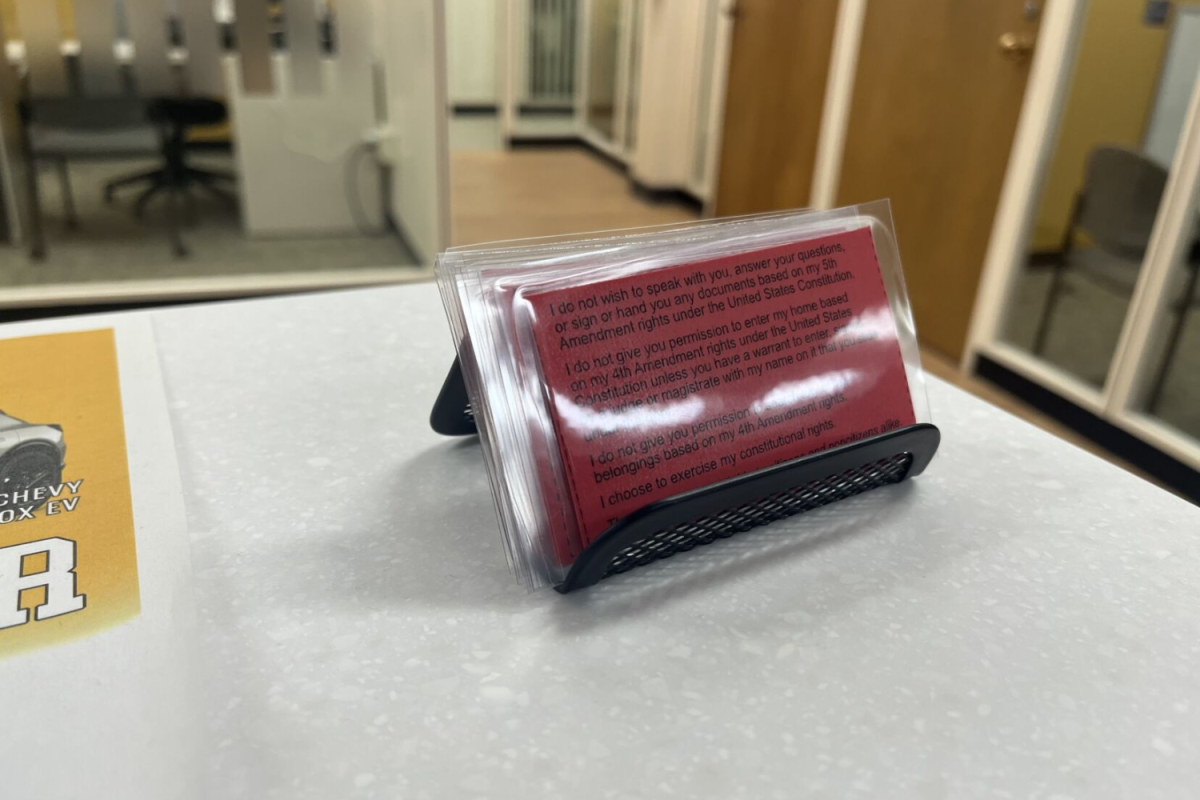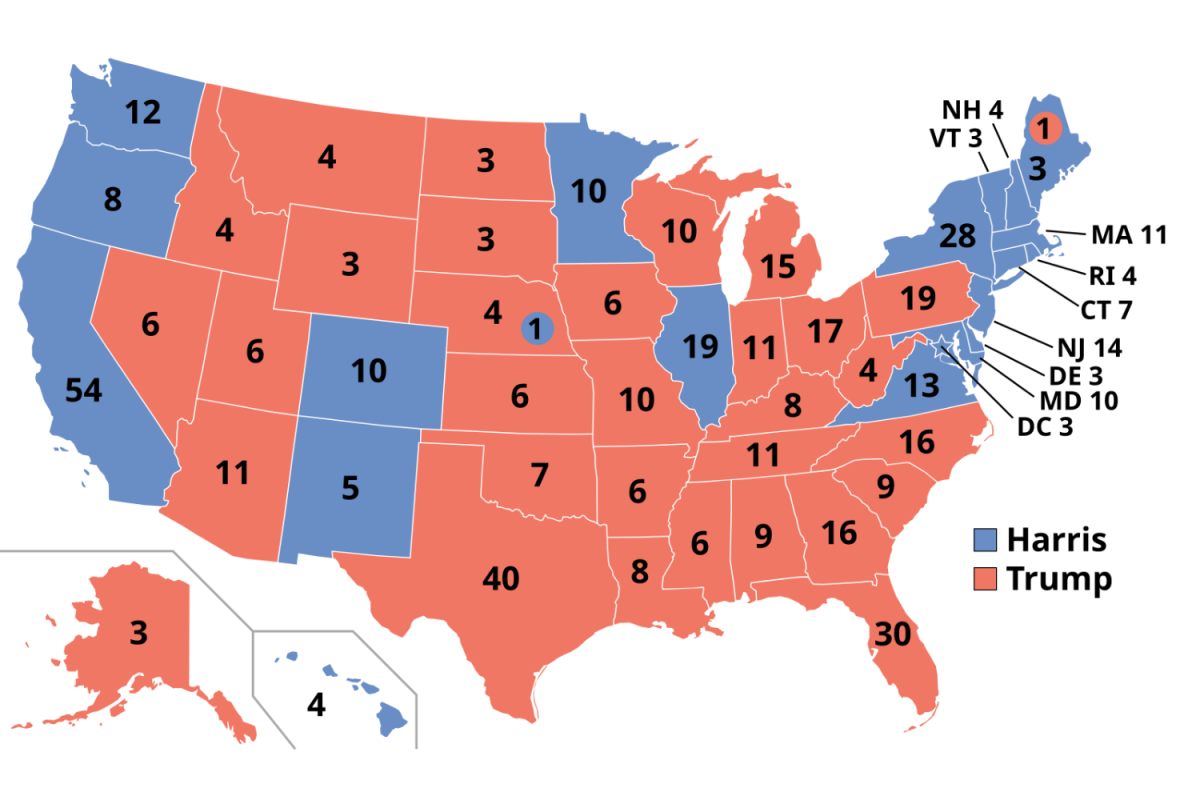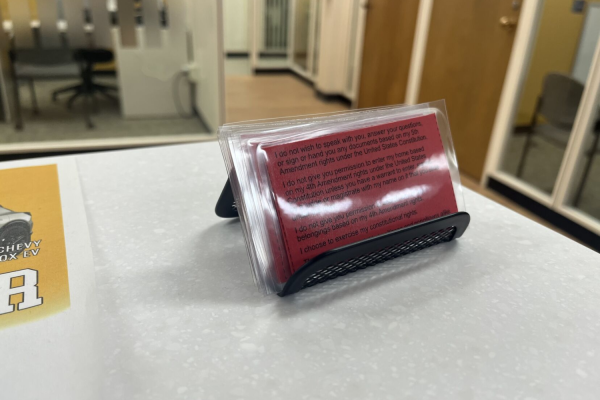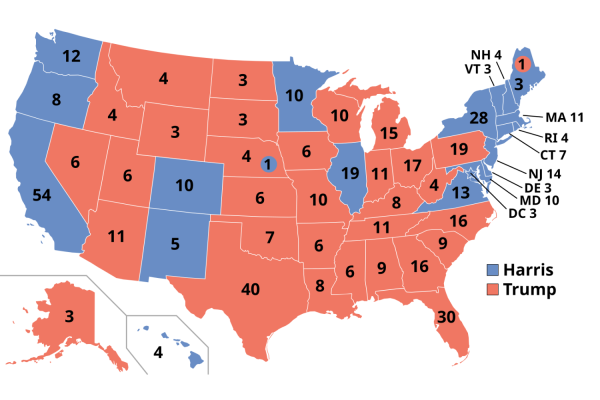Local abortion clinic resumes operations after county judge temporarily freezes “Heartbeat Law”
For 14 days from Wednesday, when Hamilton County Judge Christian Jenkins blocked the bill, the temporary restraining order makes the abortion ban unenforceable.
Cleveland-area abortion provider and sexual health clinic Preterm has temporarily resumed operations after a judge stopped the so-called “Heartbeat Bill” that banned abortions once a heartbeat is detected in a fetus.
A two-week restraining order was placed by Hamilton County Judge Christian Jenkins after the American Civil Liberties Union of Ohio filed a lawsuit against the bill, which was one of the most restrictive new abortion bans in the nation, on behalf of abortion clinics such as Preterm, Sri Thakkilapati, interim executive director of Preterm, told The Exponent.
The lawsuit argued that the state constitution protects abortion access in Ohio.
“It’s the same kind of, or similar, interpretation of the privacy rights that Roe originally succeeded under,” Thakkilapati said. “That the state constitution guarantees a right to privacy and that includes bodily autonomy and the ability to make decisions about a person.”
Now, Preterm can resume providing abortions and seeing patients through 21 weeks of pregnancy, Thakkillapati said. For 14 days from Sept. 14, the day that Jenkins froze the bill, the temporary restraining order renders the heartbeat bill unenforceable.
“Starting this Friday [Sept. 14.], we will start seeing patients,” Thakillapati said.
The abortion ban, which was signed into law by Governor Mike DeWine in 2019, took effect in June after Ohio Attorney General David Yost asked a federal court to dissolve an injunction against the law immediately following the Supreme Court’s overruling of Roe v. Wade.
The number of abortions provided by Preterm decreased by over half in the months since the bill went into effect, Thakkilapati said.
“We’ve reduced volume by about 60 percent,” Thakillpati said. “So, we’re still seeing about 40 percent of the volume, but we’ve had to turn away a lot of people”.
Preterm normally provides abortions on Tuesdays, Wednesdays, Fridays and Saturdays, and will continue that schedule for the next two weeks, Thakillapati said.
Thakillapati said the patients that Preterm was already in contact with to receive care will be prioritized for access.
Preterm provides abortion access to many patients throughout the state, including some from Berea, Thakillapati said.
“We see about a quarter of the patients in this state,” Thakillpati said. “I know we’ve seen people from Berea. My guess is that some of them have been involved as students.”
Thakillapati said that doctors are bound to follow the laws regardless of whether they agreed with them, but she said Preterm’s participation in the lawsuit was its physicians’ form of protest.
“The risk is so high that I don’t of any physicians challenging the law [by continuing to provide abortions],” Thakkilapati said. “I know people are engaged in our lawsuits, so we have a lawsuit at the Hamilton County Court challenging the constitutional legitimacy of this law under the Ohio State Constitution. So, there are physicians involved in challenging the law that way.”
The Exponent is looking for financial contributions to support our staff and our newsroom in producing high-quality, well-reported and accurate journalism. Thank you for taking the time to consider supporting our student journalists.







































